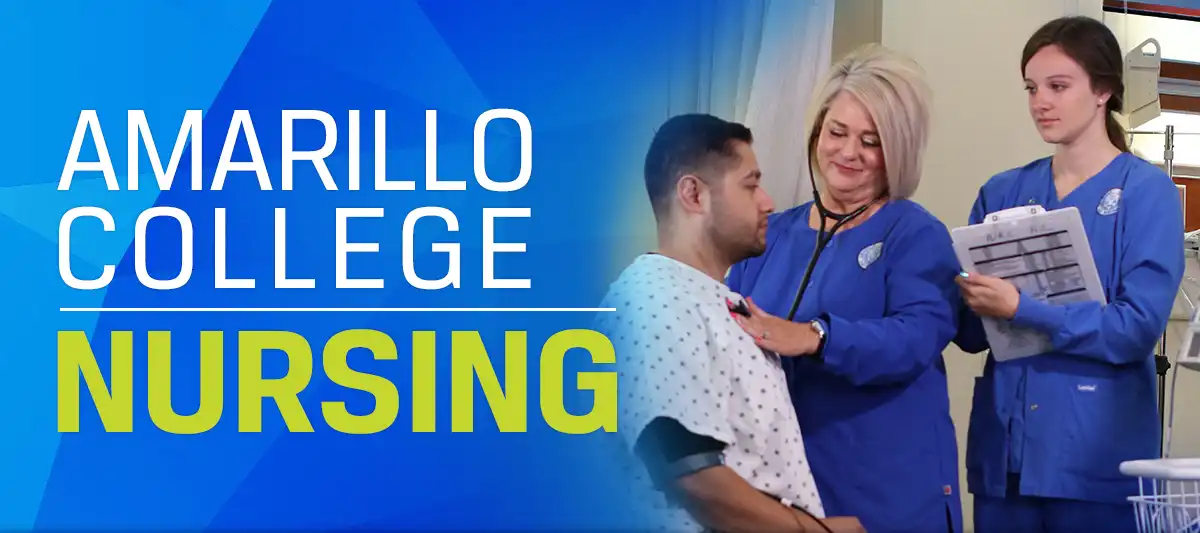Review Your Understanding of the Preceptor Role

Preceptor Role
Which is the RN preceptor's best response to the following situations?
Click the Question or the arrowto the right to view each answer.
- Notify the instructor
- Send the student to employee health
Notify the instructor
The clinical instructor must be notified if there is an accident or injury involving a precepted student. An incident report must be completed for any injuries incurred on facility property. The clinical facility is not responsible for any injury to a precepted nursing student.
Clinical interns who are using precepted clinical hours towards clinical course requirements should follow facility policy for work related accident/injury.
For further information on what to do if an accident or injury occur, refer to the Health Science website.
- Ask the student where he/she has been and remind the student that you must know the student’s location
- Tell the student that he/she might as well stay at home if unable to let you know when leaving the unit
Ask the student where he/she has been and remind the student that you must know the student’s location.
Students should report to their assigned nurse before leaving the clinical area. If a student continues to leave the unit without notifying you after you have spoken to him/her, be sure to notify the instructor. (AC’s policy for student breaks allows a 20-minute break in the morning or afternoon and a 30-minute meal break. Students should not leave the unit unless the needs of their patients have been met.)
- Notify the instructor
- Call the student to see what’s up
Notify the instructor
The student must report an absence to the preceptor and instructor prior to clinical. Failure to notify the preceptor/health care agency and instructor may result in failure of the course. Students who arrive late to the clinical area may be asked to leave if report has been missed or arrival time is incongruent to providing appropriate patient care.
- Notify the instructor and complete a facility incident report
- Assure the student no longer has access to any medications
Medication administration error
Notify the instructor and complete a facility incident report
Students must be under the direct supervision of the clinical instructor or registered nurse in the preparation of all medications. Topical and oral medications may be administered by the student without direct supervision or at the discretion of the agency. All injections (intramuscular, subcutaneous, intradermal), IV fluids, IV flushes, IVPB and IV push must be administered under the direct supervision of the instructor, registered nurse, or clinical teaching assistant.
- Assess the patient for injury
- Send the student home
Assess the patient for injury
Your first priority will always be the safety and well-being of the patient.
The nature of clinical nursing courses is such that students are involved in the direct delivery of patient care services. The primary purpose of any course is to provide education for students. However, when direct patient care is involved in the learning experience, the safety and well-being of patients are also of paramount concern. In the unusual circumstances that, in the preceptor’s or instructor's professional judgment, a student is unable to provide safe nursing care to patients, the student will be removed from the clinical setting.
- Provide feedback supporting a job ‘well done’
- Give the student an extra 15-minute break
Feedback from preceptors is essential, especially with adult learners whose learning is enhanced if they believe they are making progress. Effective feedback describes specific situations and skills and is given immediately after the preceptor's observation of these concrete events. This reinforces what was done correctly, reviews what needs to be improved, and corrects mistakes. Feedback is less judgmental than evaluation and is best given informally throughout the student's experience.
Feedback can be more meaningful if the student has the opportunity to do a self-assessment prior to hearing the preceptor's comments. For example, a preceptor asking the question, "How well do you think you handled that situation?" will give the student the chance to share his/her rationale for the approach and prompt further discussion about the question, "How could you have done it differently?"
- Tell the student to put the phone away
- Make sure they are looking up a medication and not surfing Facebook
Cell phones in patient care areas
Tell the student to put the phone away
Students are not permitted to use the telephone in the clinical area.
- Tell the student it would be stupid to increase fluids on a patient with heart failure
- Ask the student what he/she knows about patients who are in heart failure